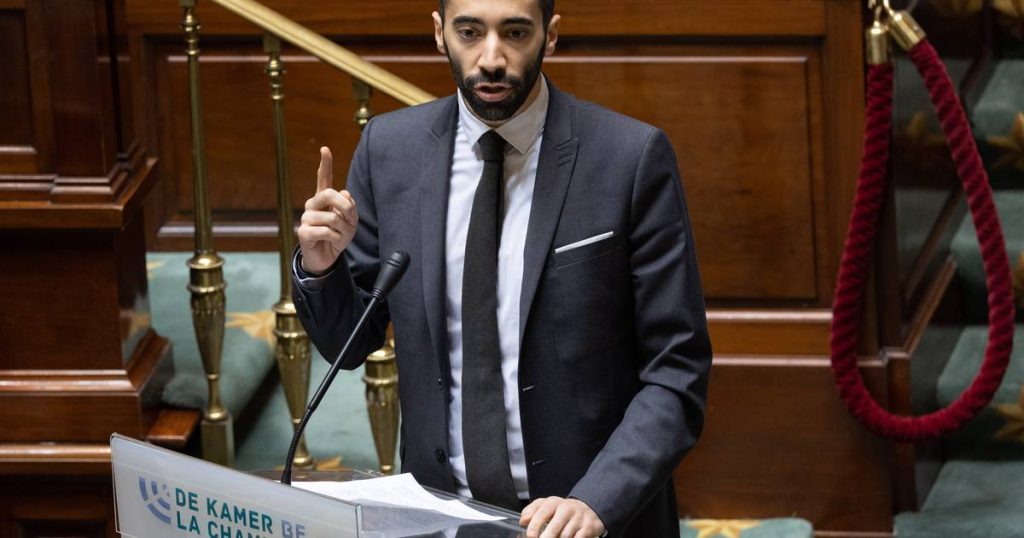Of all the deported asylum seekers invited by the Regional Return Office of the Immigration Office, only 41 percent showed up for an interview in the first months of the initiative. This is evidenced by figures from Minister of State for Asylum and Migration Sami Mahdi (CD&V), requested by Open Vld Member of Parliament Tim Vandenput.
In October last year, the first regional return office of the Immigration Office, officially the ICAM office, opened its doors in Brussels. In the meantime, counters were opened in Antwerp, Ghent, Namur, Liege, Hasselt and Novchateau.
Return offices form the backbone of the strict return policy that Minister of State for Asylum and Immigration Sami Mahdi wants to achieve. Today, about 24,000 people annually receive an initial order to leave the territory, but hardly a fifth of them voluntarily return to their country of origin.
individual guidance
ICAM offices provide asylum seekers with individual counselling, including through intensive interviews, with a view to voluntary return. But figures from Al Mahdi show that 136 people have already turned up after an invitation for an initial interview or follow-up interview, out of a total of 329 invited, a proportion of just over 40 percent. The numbers relate to a relatively short period after the project started, from the beginning of October to the end of December last year. Al-Mahdi stressed in his answer that the numbers report is still in the process of being completed.
We are making a complete paradigm shift during this period of office with our committed return policy. This happens for the first time.
language problem
According to Open Vld MP Tim Vandenput, who requested the numbers, the problem lay in the invitation letter, among other things. It now departs in French or Dutch, depending on the person’s place of residence.
The explanation accompanying the procedure is in one of the two languages and in English. But according to Vandenbout, it is also important to send the invitation in the asylum seeker’s mother tongue. “Not every asylum seeker is fluent in Dutch or French, so there is an excuse not to stick to conventions,” he says. “The low one-time cost of translation does not outweigh the most efficient return policy.”
Mahdi previously said that asylum seekers who continue to refuse to return or who do not accept the invitation will face forcible return. Vandenboute also insists on this. It seems that “people whose asylum claims have been rejected should make way for others”.
Mahdi’s reply
In his response, Foreign Minister Mahdi stressed that there will always be a group of asylum seekers who will not return voluntarily, and therefore can only be forced to return. He described the fact that 41 per cent of invitees had already responded to the return interview as “extremely positive”. “In the past, that group would just get a piece of paper and look away. We are making a complete paradigm shift during this time out of the office with our committed return policy. This is happening for the first time.”
In addition, forced returns will be reinforced, says Mahdi. “100% voluntary return is naive. Forced returns are also necessary. In addition to the regional return offices, the four new closed centers are also an important part of the solution.” The government decided last month to build three detention centers and an additional departure center for those awaiting forced eviction. This will increase the capacity from 635 places at the beginning of the legislature to 1,145 places.
Unlimited free access to Showbytes? And that can!
Sign in or create an account and never miss a thing from the stars.

“Coffee buff. Twitter fanatic. Tv practitioner. Social media advocate. Pop culture ninja.”











More Stories
Strong increase in gas export pipeline from Norway to Europe
George Louis Bouchez still puts Julie Tatton on the list.
Thai Air Force wants Swedish Gripen 39 fighter jets